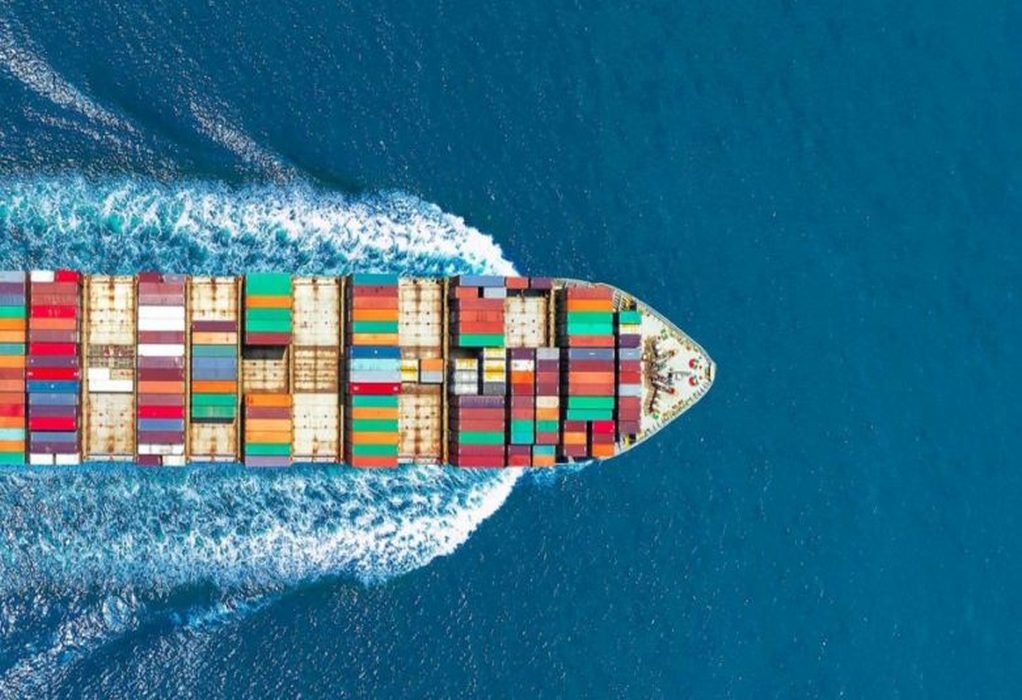A new research paper published in Journal of Environmental Innovation and Societal Transitions by researchers from the UCL Energy Institute explores the role ship financiers can play in shipping’s transition to zero emission fuels. Using a novel theoretical framework which categorises financiers into five enabling or disabling categories, it finds that most expressed an ambition to support incumbent shipowners as loyal enablers in the transition, but this is mainly due to the importance of their existing corporate relationships. With this financing approach, they place the responsibility of the energy transition with the shipowner. This could lead to further technology lock-in, the authors claim, and risks of stranded assets with the authors siting some of the banks support of LNG fuelled ships as an example.
While the majority of financiers expressed an ambition to play a loyal enabler role, a second type of financier – the redirecting enabler – also emerged from the interviews with niche shipowners receiving funding from institutional investors. Given that the majority of shipping is financed through traditional bank debt and institutional investors form a tiny share of financing, it implies that niche shipowners will not represent a large proportion of the fleet, but as first movers, they can put pressure on incumbent shipowners and de-risk technologies that conservative shipowners are unwilling to be exposed to.
The financiers mostly believe shipping of fossil fuel cargo will not decrease significantly in the near future, and therefore don’t expect demand-side stranded asset risks to materialise. They also believe the risk that the ships they have financed will be stranded is limited. With this mindset, the shipping sector could find itself in a similar situation to the German utility sector where the risks and opportunities of renewable technologies were ignored, and consequently the sector faced significant premature devaluations/write-downs.
While financiers and shipowners should assess the climate risk of their portfolio and ensure that the ships in their portfolio are climate resilient and financiers’ clients have a credible transition plan, there are limitations on how much the industry can drive the transition without more stringent climate policy, the report argues. Several European banks highlighted that regulation of financial reporting and capital requirements were needed for banks to fully play their loyal enabler role, as the market competition between banks was preventing them from fully incentivising greener technologies. This highlights the potential, but also the limits, of voluntary initiatives from financiers to promote green investments. Furthermore, pilot projects undertaken by commercial banks were in collaboration with the public funding, underlining the importance of the role of the state or international finance institutions in sharing financing risk through loan guarantees or other financing support.
Tags: LNG, Shipping, UCL Energy Institute



Recent Posts
Hyundai Glovis to Retrofit Seven PCTCs with Avikus AI Navigation System
Super Terminais orders three more Konecranes Gottwald ESP.10 Mobile Harbor cranes
Covestro and HGK Shipping Extend Partnership to 2040 with Focus on Wind-Assisted Vessel Retrofit
Artemis Technologies Successfully Demonstrates 100 Percent Electric Crew Transfer Vessel at Aberdeen Offshore Wind Farm
IACS Council Advances Decarbonisation, Digitalisation and Governance Priorities at C91 Meeting in Beijing
Japan Launches Major R&D Project to Advance Shipbuilding with Alternative Fuels
EU Adopts Emissions Standards for Low Carbon Hydrogen to Bolster Clean Energy Market
Trafigura to Implement ZeroNorth’s AI Platform Across Global Fleet